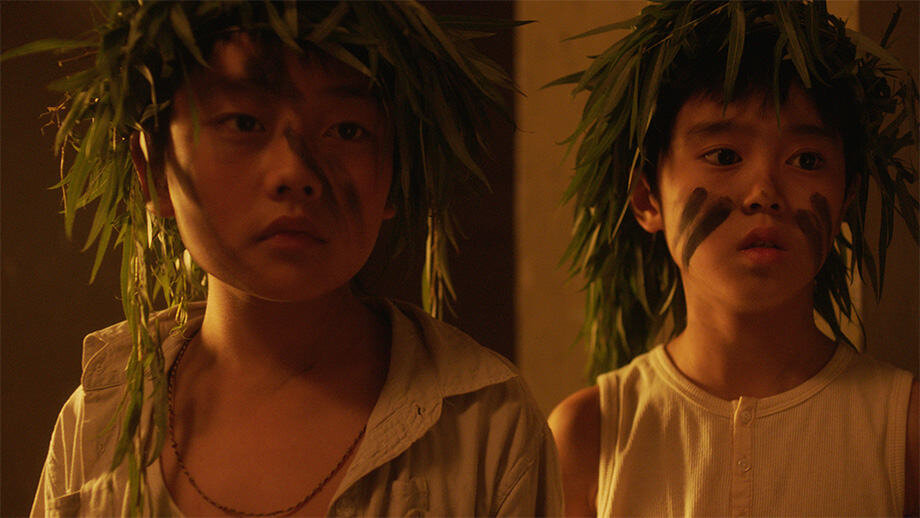Summer Knight
SUMMER KNIGHT - XS MEDIASummer Knight is seemingly a quintessential coming-of-age story that is steeped deeply in romantic nostalgia. However, behind the veneer of familiarity, inherent to this archetype of storytelling, Xing You’s feature debut hides its subtle rumination on fundamental human morality.
Taking a deliberately paced, and somewhat meditative approach, the filmmaker introduces the viewer to a young boy whose ideals about the world are completely at odds with the way the world actually is. The viewer sees him learning about the rich history of his ancestors – both in school and from illustrated booklets recounting ancient legends – but at the same time being bullied by other kids and chastised by teachers. A turning point is when he finds out that his grandmother’s bike has been stolen, and –after his pleas to report the theft to the police go completely ignored by his family – he decides to take matters into his own hands.
In a typical Hollywood picture, this bike theft would fulfil the definition of an inciting incident leading the young protagonist onto an edifying journey to learn a few valuable lessons or maybe even become a local hero. But Summer Knight is not a Hollywood film; far from it. The filmmaker uses its loosely threaded plot, about young boys trying to deliver some sort of justice, as an anchoring point for a much more nuanced conversation, as opposed to a simple engine for narrative progression.
In many ways, You’s film is reminiscent of Alfonso Cuarón’s Oscar-winning Roma. It uses its central narrative conceit as a medium to ponder the way a person’s worldview changes as they mature, and comment on societal changes in China by gently challenging their trajectory. At the same time, the film remains married to its nostalgic atmosphere, perhaps dictated by a distinct possibility some of its subject matter to be autobiographical. These various dimensions of thematic depth give Summer Knight a bittersweet flavour. It’s caustic in the way it highlights the difficult circumstances many families in rural China would find familiar at the time, while it oozes serenity and romantic yearning for the times of the filmmaker’s youth through its suggestive and memorable visuals.
In fact, along with charming and natural acting, the film’s ability to conjure tactile imagery, clearly tied to very specific memories, is one of the film’s most potent aspects. You is able to use very small nuances as gateways to scenes from the memoir of his life experiences. This is an insanely effective trick, used by successful storytellers who know that even the most detailed description of any scene will never match human brain’s ability to render it, if provided specific triggers to do so. A sound of a mop wiping a tiled floor – perhaps an inadvertent nod to Roma – or a specific tune played over the speaker system are likely tethered to the filmmaker’s memories of his school days. The unsettling squealing of a dying rat leads back to the image of an uncle giving the young boys an unnerving lesson about justice. These little details are simply too specific and tangible to be completely fictitious, and as such give the entire film a uniquely personal texture which is capable of engaging all senses.
All in all, Summer Knight successfully capitalises on its familiar template, and utilises its innate accessibility to illuminate some fascinating aspects of the human condition. Beautifully photographed, meticulously composed, and saturated with a dense atmosphere of nostalgic reverence, this film is probably the closest approximation of what would happen if Wong Kar Wai attempted a coming-of-age story, and a poem about the true value of forgiveness.


